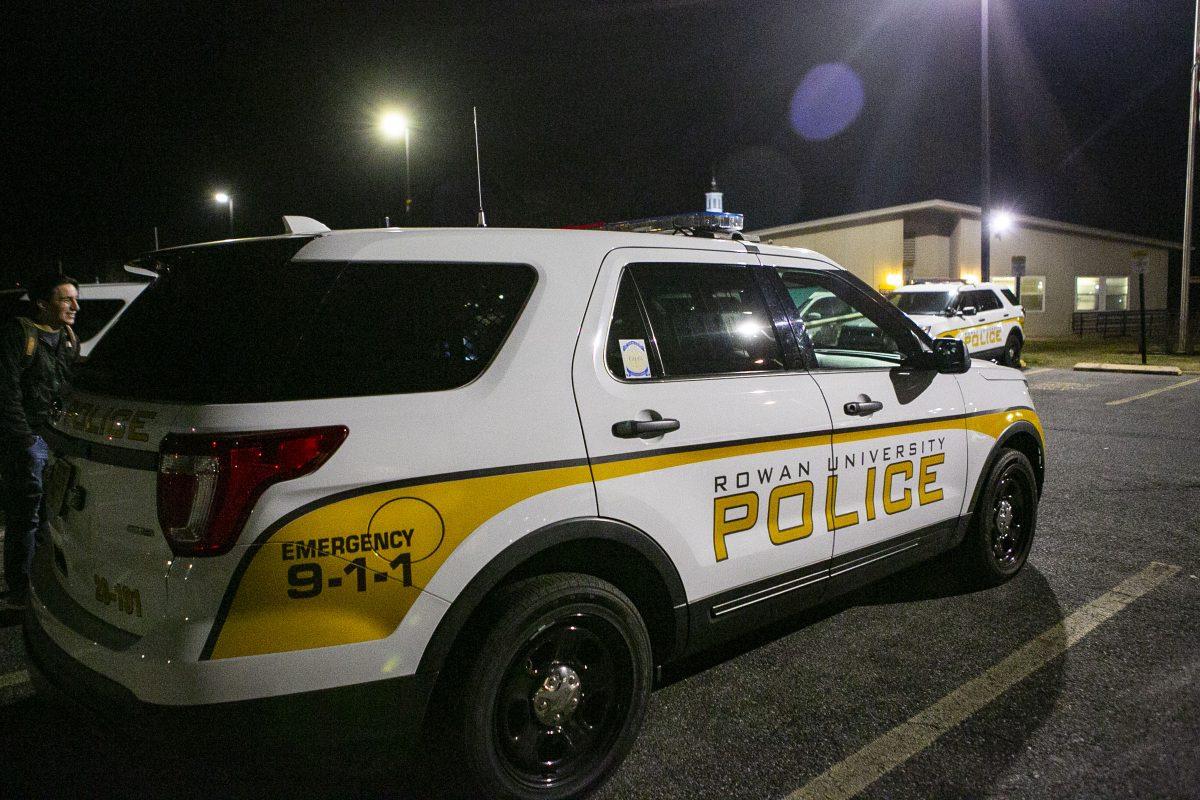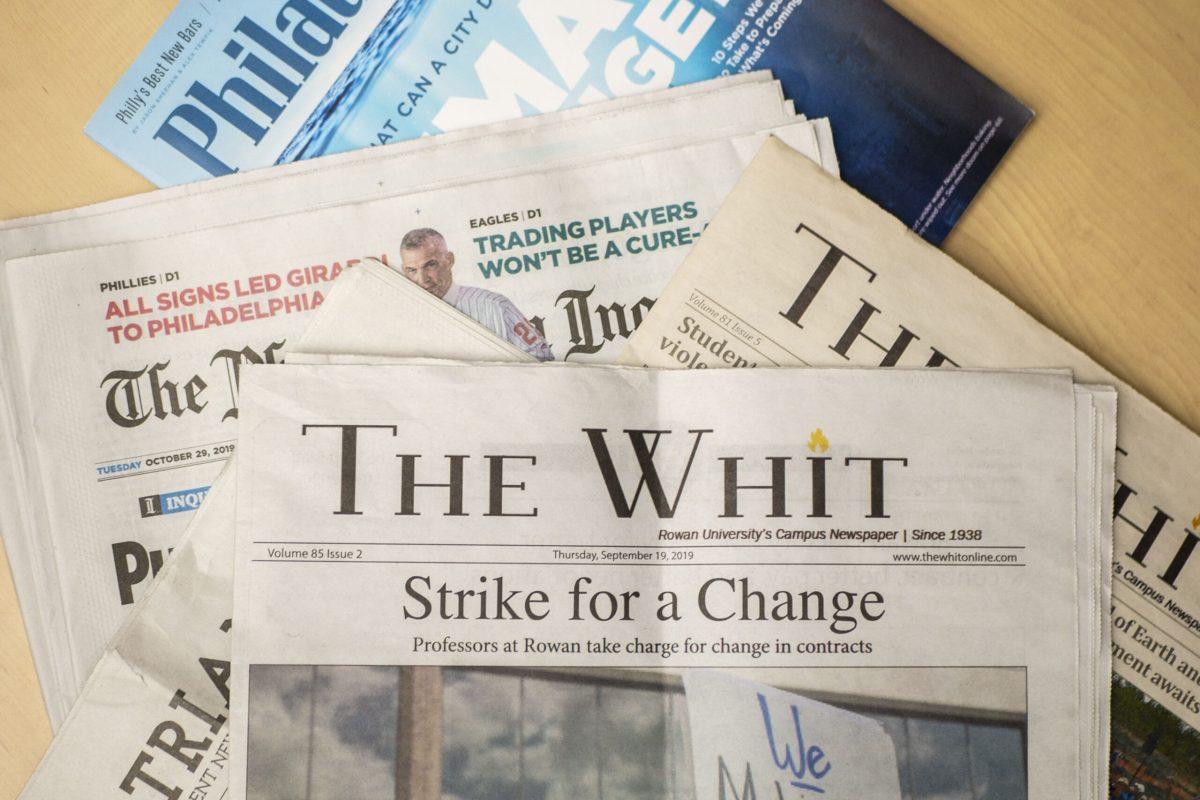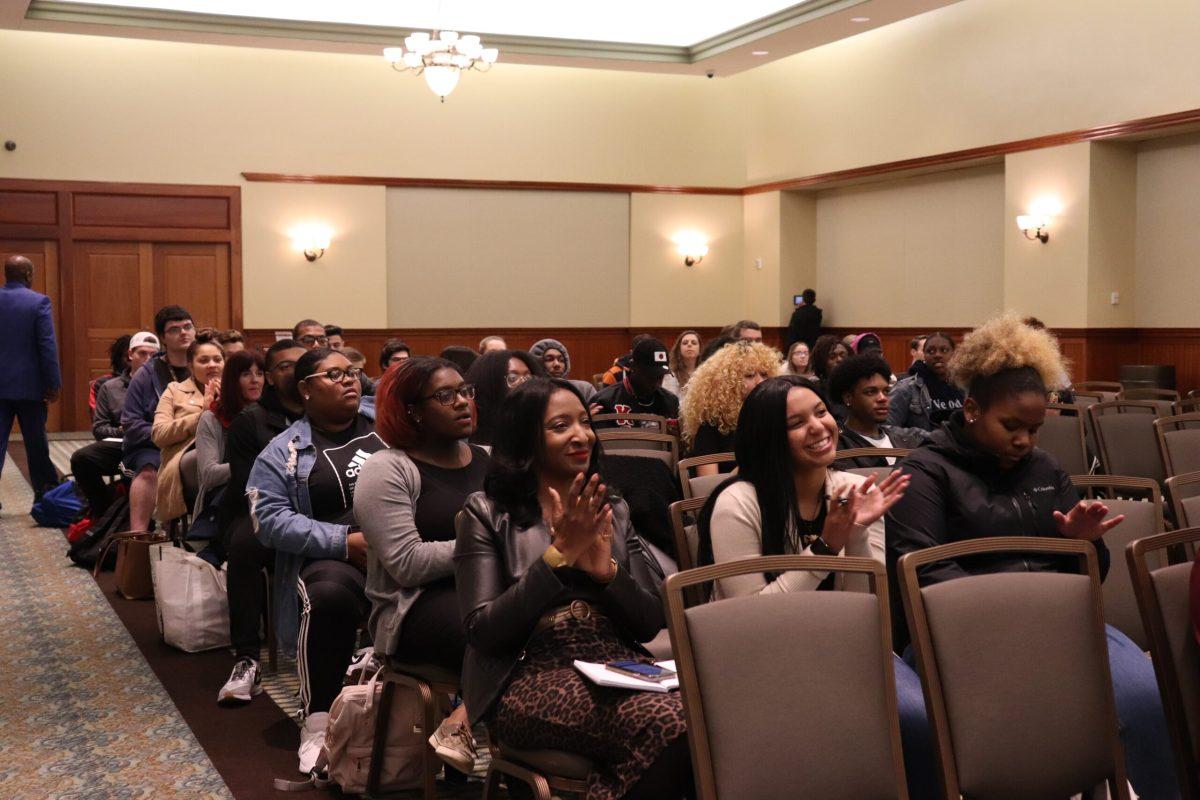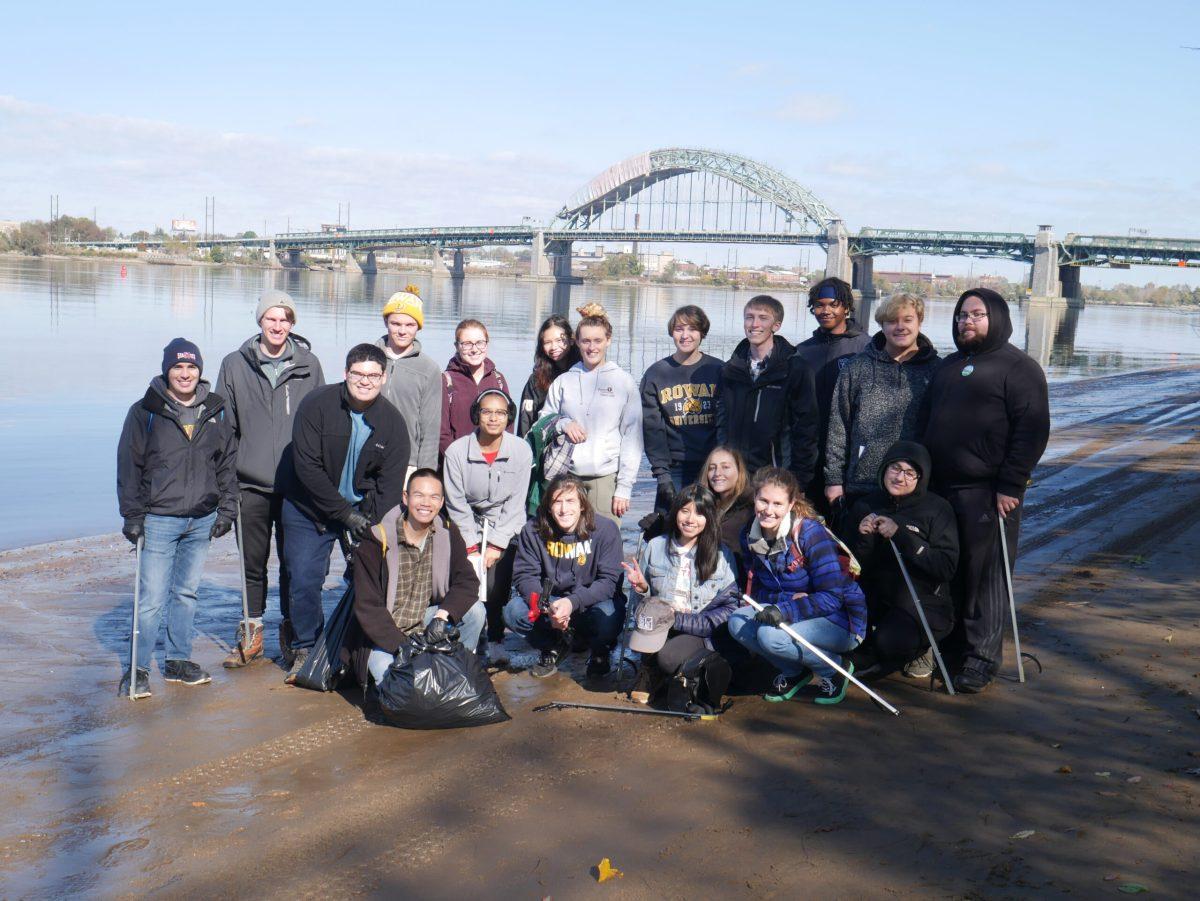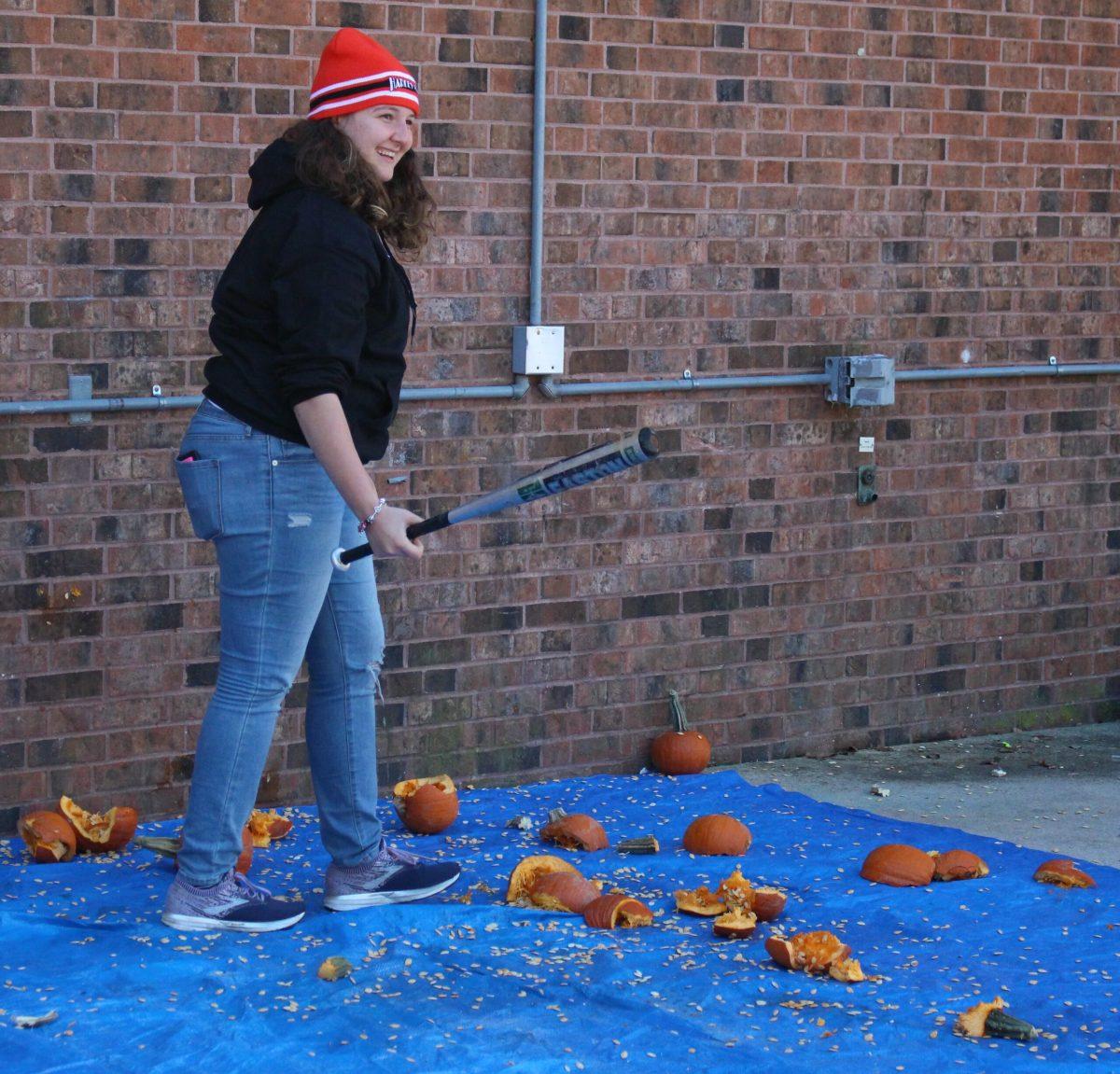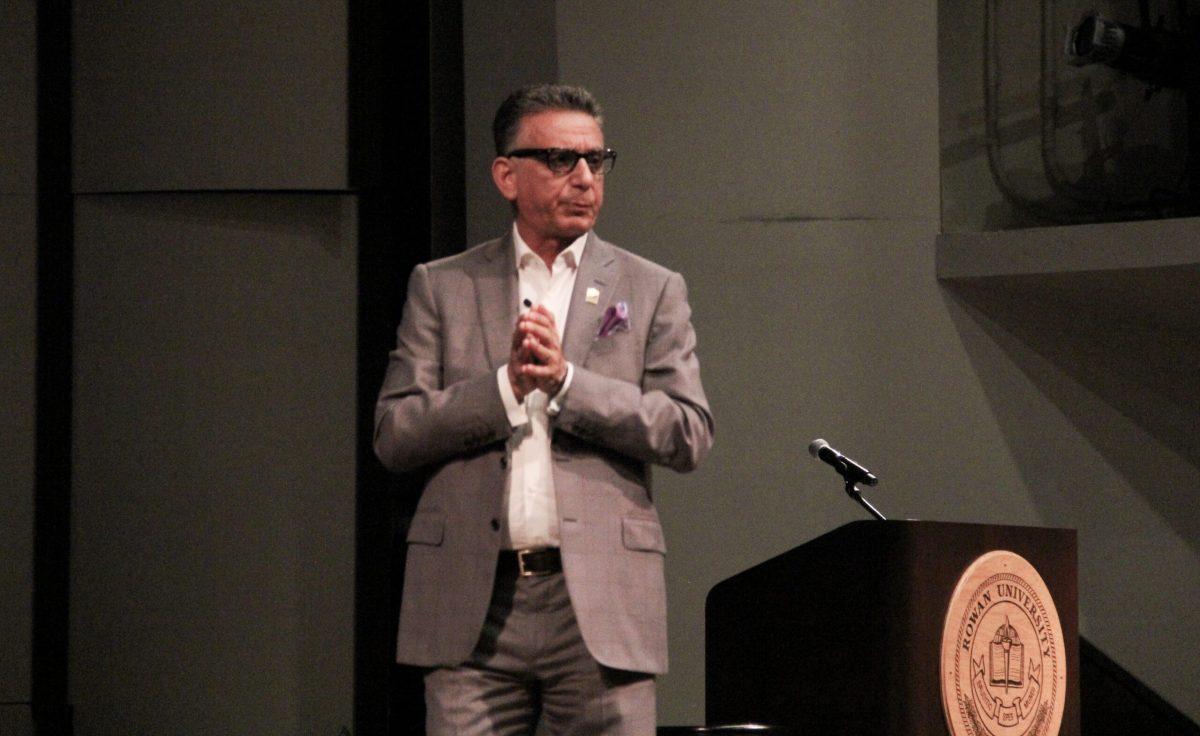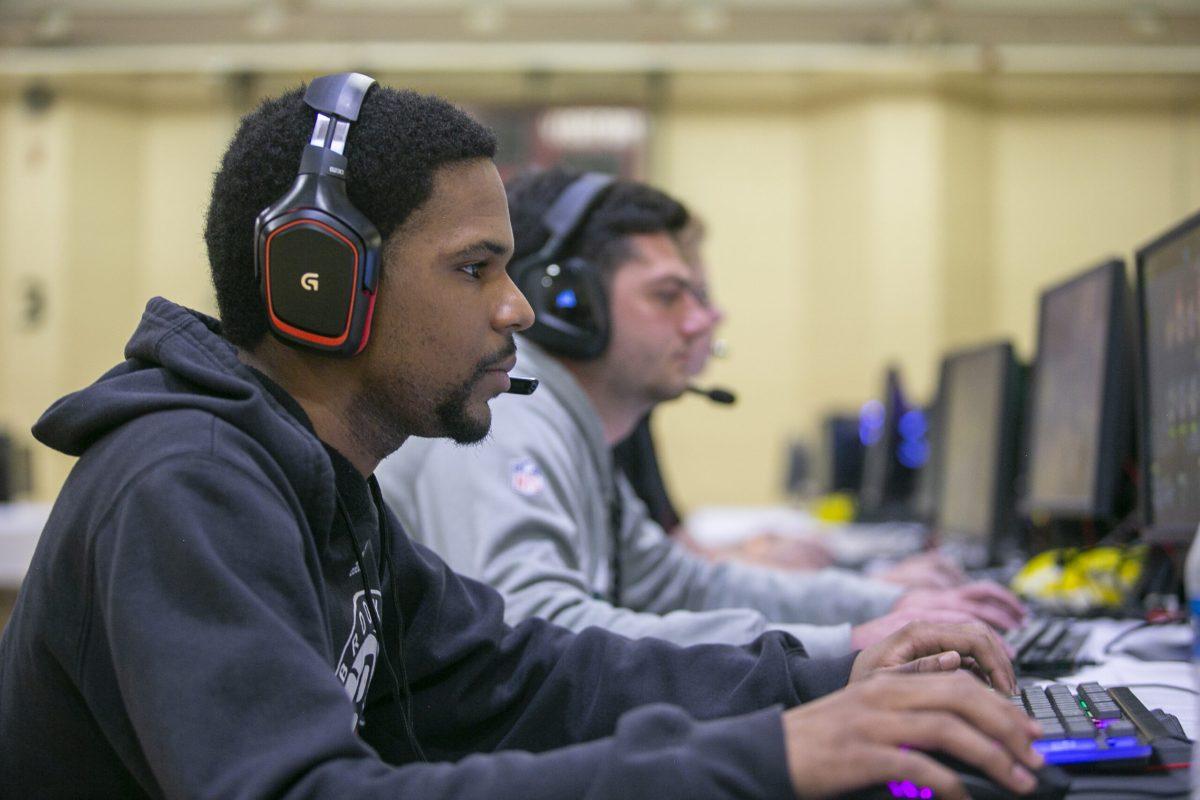As I shadowed Rowan Security Officer Anthony DiCave on Feb. 21, many calls cut through the radio silence as we patrolled Rowan University’s campus. Each time, the conversation halts as we listen intently to the radio code in the quiet night.
I heard a mention about the Campus Crossings, an area just off-campus and heavily populated by students, but initially, I had no idea of the significance of the call.
It isn’t until DiCave speaks with a fellow officer in the darkened parking lot outside the Henry M. Rowan College of Engineering building that I’m able to get a sense of the severity of the situation.
A robbery and assault involving two men armed with a handgun. We won’t respond to the call, though; that’s Glassboro Police Department territory. In a pinch, the Rowan police department might respond, but never Rowan security.
Such is the life of a security officer. A critical part of the Rowan law enforcement family, they act as a roving set of eyes and ears around campus. While they wield the power to write citations and respond to incidents, when a criminal matter occurs, the best they can do is hold down the fort until police officers arrive.
DiCave was once a student patrol officer. A graduate of the class of 2015, DiCave made his way up through the ranks to his current position, a path so many of his colleagues had also taken and that these prospective students hope to follow. By Sergeant Frank Agosta’s estimation, approximately 80% of the workforce took that very same path.
Between the hours of 10 p.m. and 12 a.m., security officers walk through academic buildings, ensuring no one remains in the buildings past closing time. One or two students occasionally pass by our post at 114 Victoria St., while a large group will stumble by en route to their residential building.
“They’re just about home,” DiCave says. “I might get out and follow them a little bit, make sure there isn’t one in the group that’s way too far gone.”
The primary responsibility of security is to tend to the safety of students. As such, a significant part of the job on a weekend night is checking up on students who are “way too far gone.”
Driving through Rowan Boulevard at 12 a.m. on a Friday night conjures up images of a ghost town compared to the scene that would take place just 90 minutes later.
We are summoned to Holly Pointe to check on a female student unconscious in one of the rest areas, and just beat Rowan Emergency Medical Services to the location. Quickly rushing into an elevator populated by the strong stench of booze, marijuana, and Domino’s, we make our way up to the rest area. I stay back with student patrol officers and allow the professionals to take over.
“It smells like weed,” DiCave says of the lingering scent remaining in the elevator.
“Oh, this is a weed?” I respond, sounding too naive to be a truthful assessment. I truly can’t distinguish the dank smell from the overpowering aroma of whiskey.
“It’s a little bit of both.” Nevertheless, there is nothing he’s able to do. The culprit is nowhere to be found.
The girl’s friends are hesitant to speak with Officer DiCave. It isn’t until the medical professionals arrive to place her on a stretcher that the full story comes out. She drank too much and will be rushed to the hospital for tests and fluids before returning home safely. Students are often afraid to speak to security officers, fearing punishment, but these fears are unfounded. New Jersey’s Good Samaritan laws ensure there will never be retribution for saving another individual’s life.
Just as we’re about to head downstairs to return to the security cruiser, a voice squeezes through the opening elevator doors.
“We’re almost there,” the voice says before trailing off at the sight of two security officers, two student patrol officers, and myself.
I lock eyes with the female student, her eyes widen as she notices the law enforcement presence. Her friend strewn across her back in a piggyback carry, she tries to play it casually as she passes us. The officers’ double-take as she cuts between myself and DiCave.
“Have a good night,” she says to the officers.
“Hold on,” DiCave says over objections from the soberer of the pair. “No, I’ve got to check on her.”
“She’s covered in dirt,” the other officer points out. It is true. The clearly intoxicated girl being carried must have sat in the mud somewhere because her pants were completely soaked.
“What day is it?” DiCave inquires.
“I don’t even know what day it is,” the more sober of the pair says.
“Jan. 27,” the muddy friend lets out. She is about a month off, but I am impressed by the effort.
“Calm down, you’re not in trouble,” DiCave assures them. “I just need to see that she can walk in a straight line. Do you know where you’re at?”
Satisfied by the answer and the ability to walk in a straight line, we bid the two farewell and tell them to be careful and head to sleep. From down the hallway, the pair are loud again. While speaking to another friend, they confirm that the girl did, in fact, pop a squat in the mud.
Around 2 a.m., Rowan Boulevard is alive as groups depart from parties. We take a quick run around the Boulevard before departing for the real action.
A fraternity had rented out the Esbjornson Gymnasium for a step party that had sold 800 tickets. The police or “400” units, as they are referred to over the radio, had been posted up in the area all night, and for good reason. EMS was called frequently to attend to heavily intoxicated people who had pre-gamed prior to the event. Approximately an hour prior, an intoxicated individual had driven on the sidewalk before getting stuck in a dip just before the barriers on the bridge towards the Chamberlain Student Center.
As the event pours out, the streets are alive with students and out-of-towners returning to their vehicles for what will hopefully be an extra cautious ride home.
A grey Kia didn’t get the message. In the one-way parking lot near Mimosa Hall, a black Nissan’s front end had been totaled. Officer DiCave investigates the scene while awaiting backup. The witnesses are reluctant to speak, despite the damage incurred on their vehicle. Eventually, they relent, claiming the grey Kia had entered the parking lot at a high speed from the wrong direction, hitting the then-parked black Nissan.
The suspected car is nowhere to be seen, although the driver had stuck around just long enough for DiCave to arrive before fleeing the scene, literally walking past DiCave as he arrived. The victims’ reluctance to speak to DiCave actively hinders the investigation.
By the end of the night he is apprehended by the Rowan Police Department, with the opportunity to plead his case, although by fleeing the scene, he made his case that much harder. The next night, The Whit’s Corey Rothauser would have a run-in with the driver again, during his ride along with the Rowan PD.
The rest of the night is active yet lacking the flair of the earlier incidents, as we head from one location to another to put out whatever fire starts up next. Sometimes literally. Around 2:30 a.m. we respond to a fire alarm at the townhouses — an attempt at pan-frying frozen chicken gone wrong.
Security officers respond to various types of incidents across the campus community. Always moving and often being the first on the scene, they keep the peace and ensure the safety of students who often greet these officers with hostility and apprehension rather than a simple hello.
Because they are donned with uniforms and badges, it can be easy to forget that there is humanity behind that uniform — people with families. DiCave has a young child, interests (he’s an avid Philadelphia sports fan), and most importantly a story worth exploring.
At 3:15 a.m., Officer DiCave dropped me off at my car at the Bole Annex parking lot. The next hour will be busy and he’ll be ready.
For comments/questions about this story, email [email protected] or tweet @TheWhitOnline.























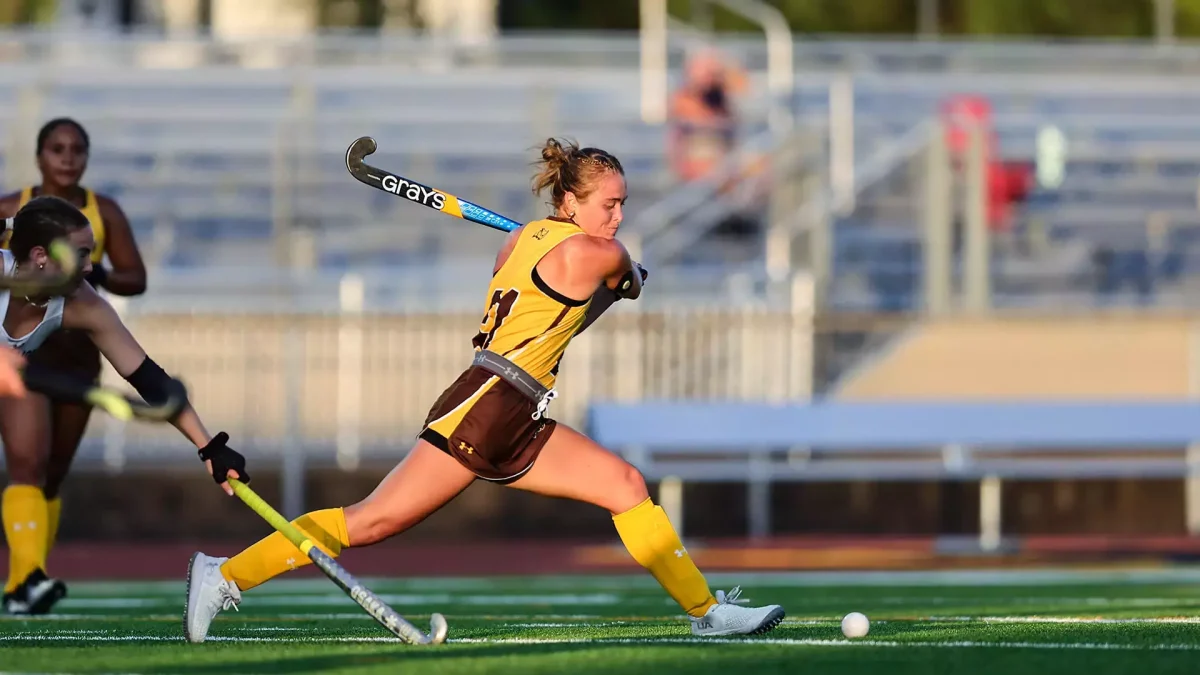

































































































































!["Working with [Dr. Lynch] is always a learning experience for me. She is a treasure,” said Thomas. - Staff Writer / Kacie Scibilia](https://thewhitonline.com/wp-content/uploads/2025/04/choir-1-1200x694.jpg)








































